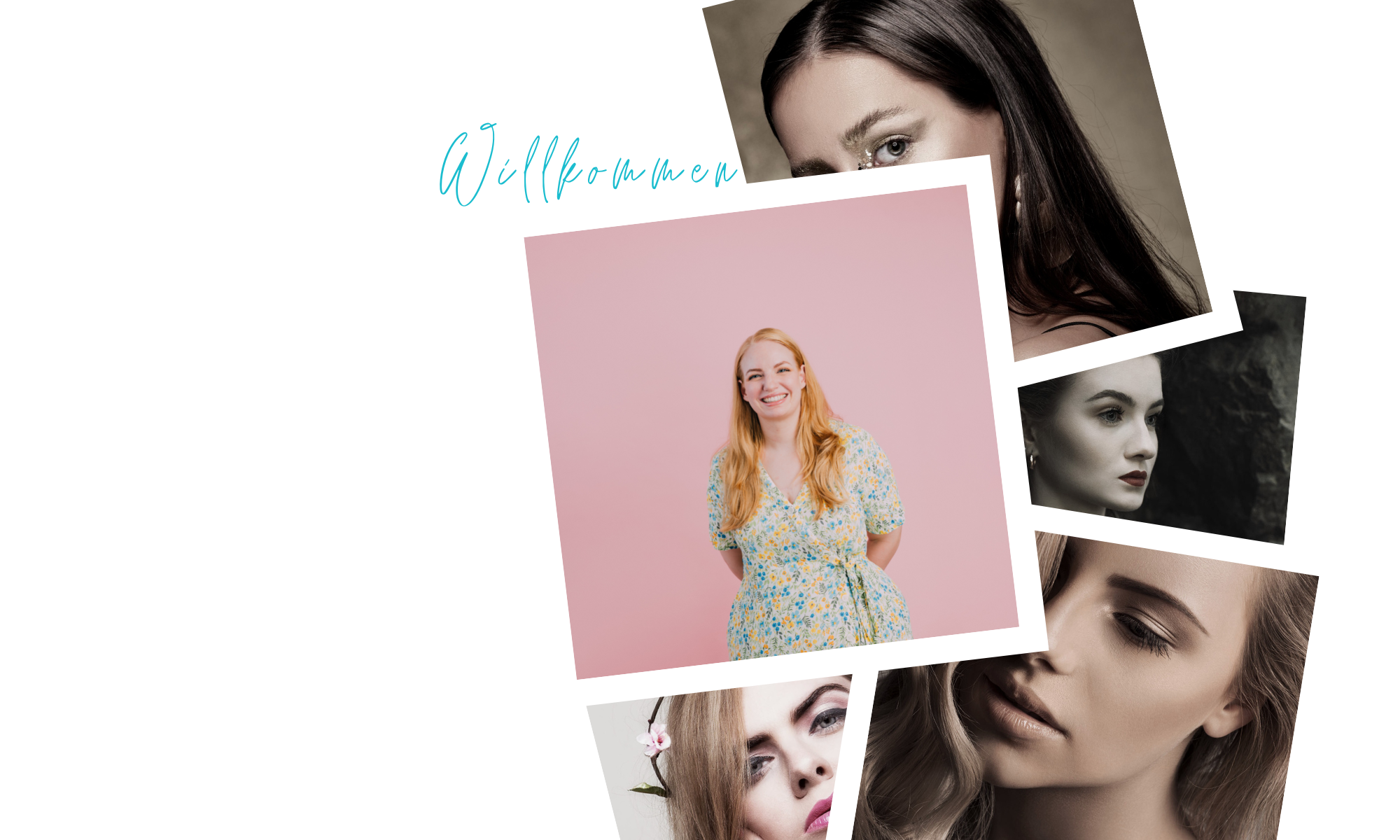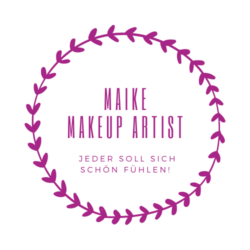Yes, Maskne (or Mask Acne) exists. The face mask is an effective way to work against the COVID-19 pandemic, but especially people with sensitive skin how you can work against the things going on under the mask – skin irritation and acne.
As a makeup artist sometimes I wear a FFP2 mask for about 12 hours a day. Honestly, I have absolutely no problem with it. Sometimes I feel a little like I can’t catch my breath, but that’s mostly a psychological problem. However I pretty much know no-one that is not struggling with pimples or irritation because of it in some form. So, you’re not alone!
What is Maskne?
A face mask can cause multiple skin problems. A lot of times what we know as maskne today is actually acne mechanica. The face masks are causing warmth, friction and pore clogging on the skin and if you combine that with a moist environment from talking, breathing and sweating, you have the perfect recipe for pimples.
There are other skin problems that can be caused by the face masks though. It is important to differentiate these in order to treat them. At this point, a little disclaimer: I am not a dermatologist and not even an aesthetician (yet). I’m just a makeup artist that is interested in the skin. This blog post does not replace going to see a doctor, please get help form a professional!
Common problems caused by face masks:
- Allergic Contact Dermatitis: some masks can contain substances that cause allergic reactions. For example formaldehyde or polypropylene. If possible, try to see if the producer of the mask is trustworthy. If you prefer wearing a fabric face mask, a mask made out of 100% cotton is the most well-tolerated.
- Rosacea: this illness is often worsened by heat and stress. That’s why a face mask can make the preexisting condition worse.
- Seborrheic Dermatitis: this is a chronic skin irritation. The most common symptoms are yellow and oily dandruff on the scalp, face or hair roots, skin irritations or itching. This can also be worsened by wearing face masks.
- Folliculitis: an inflammation of the root of the hair is most often caused by the bacteria staphylococcus aureus and we all know that bacteria love warmth and moistness.
How can I prevent maskne?
Prevention is key.
Treat your face mask like your underwear:
So I hope you change your underwear daily. This is exactly what you should do with your face masks. Fabric masks should be washed after every use. It is best to wash them hot and with a hypoallergenic detergent without fragrance.
If you use medical face masks, you should only be using them once. Unless you have a way of disinfecting them properly, like with a UVC-box.
The point is you don’t want to transfer the bacteria on your face mask back onto your skin. Especially if you just cleansed your face.
No makeup in the area of the face mask:
Yes, I know, life is unfair. You have pimples and to feel a little better, you want to cover them with makeup and that is exactly the wrong thing to do. Generally there is no problem with wearing makeup when you have acne, but maskne is a special case. The humid environment in combination with friction and makeup pushes the makeup further into your pores. The accumulation of oil, dirt and makeup may then blog pores.
Just put the focus of your makeup on your eyes or eyebrows.
Wash your hands:
It should be clear that washing your hands regularly and thoroughly is very important right now. This is also true for the prevention of maskne. So every time you put your hands to your face (like when your putting your face mask on and off) you should disinfect your hands first.
Wash your face:
Always wash your face before wearing your mask and after removing it. The best way would be double cleansing with a mild cleanser that doesn’t strip the skin of all natural oils.
If you usually don’t wash your face in the morning, now might be a good point to start that.
Take a mask break:
This is not always possible, especially for people who are wearing face masks due to their job. It is beneficial to take a mask break every 4 hours though, for 15 minutes.
Of course only if you are in a safe environment to do so and if you have disinfected your hands.
Use a good moisturizer:
It is now more important than ever, that your skin is always hydrated. Use a rich moisturizer. If your skin is very oily, you can use a lighter moisturizer, but you should still nourish it.
Ingredients that you now want to see in your skin care are:
- Niacinamide: Vitamin B3 strengthens the skin barrier, regulates sebum production and is anti-inflammatory
- Glycerine/Glycerol: binds moisture; be aware though: starting from a concentration of 30%, glycerine can be drying at low humidity. Normally there isn’t more than 10% present in skin care though
- Ceramides: these are lipids that strengthen the skin barrier (this means more hydration and more protection)
How can I treat maskne?
Hydrate, Hydrate, Hydrate:
I already briefly mentioned above how important hydrating the skin is right now. Because of the injury to the skin, there will be transepidermal water loss. Niacinamide, glycerine and ceramics have already been mentioned, but a another very helpful ingredient is Cica (Centanella Asiatica). Cica is great for a lot of skin issues like irritation, burns, itching, dry spots and of course, pimples.
A great cream with Cica is the Mixa Cica-Cream.
Stop with the intense treatments:
The last thing your skin needs right now is intensive treatments like acids, retinoids, etc., which are just irritating the skin further. Focus on rebuilding the skin barrier and then you can go in again with the actives.
When you re-start with a concentrated ingredient, don’t use everything all at once! Take it back up into your routine one-by-by, ideally at night.
Maskne – Less is more:
Again, don’t overwhelm your skin. Don’t use 10 different anti-blemish masks and drying lotions to attempt to heal your skin. It will have the opposite effect.
Sunscreen:
Yes, you still have to wear sunscreen if you’re wearing a face mask! Try to look for something non-comedogenic and oil-free.
You might be interested in these blogposts too:
- The Best Products From The Ordinary
- Double Cleanse | Cleaning your face the right way
- Products I Used Up! 2020
Ok, that’s it! I hope this helps! See you next time!
Maike Make Up Artist Wien – Your makeup artist in Vienna


